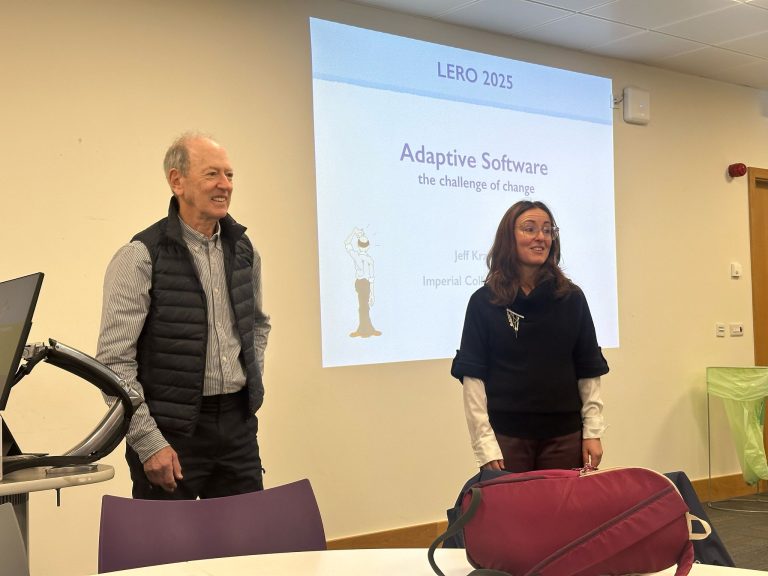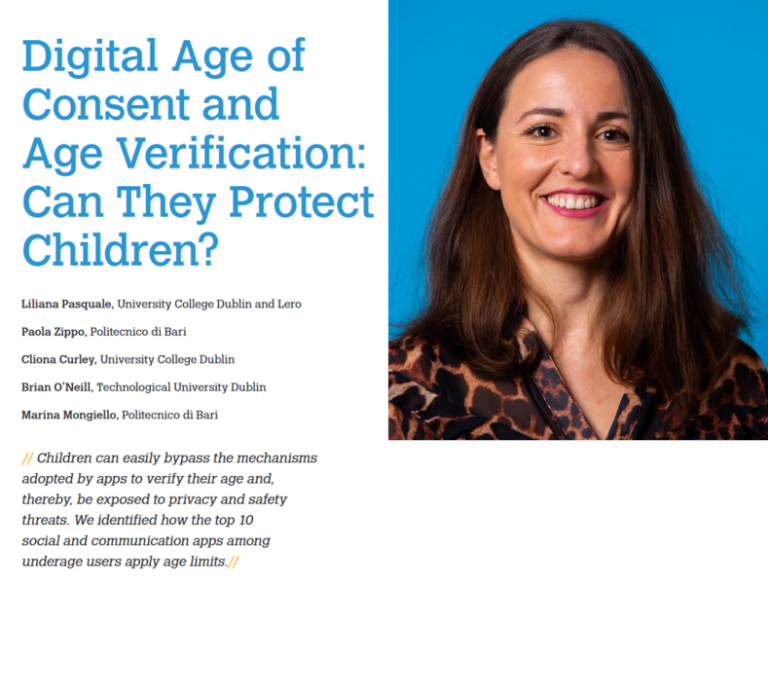We are thrilled to announce that one of our own has been promoted to the position of Associate Professor at University College Dublin. Congratulations to Liliana Pasquale on this well-deserved achievement! Her dedication and hard work have paid off, and we are all proud to have her as a member of our team. This promotion is a testament to her expertise, skill, and commitment to excellence, and we have no doubt that she will continue to make great strides in her academic career. We wish her all the best in her new role and look forward to seeing her continued success!

Similar Posts

How to Code for Humanity
In an interview in Silicon Republic, Sarah Robinson argues for ‘making people and their experiences central to the software development process’.

Tom Talks About Cybersecurity in Smart Manufacturing
On May 19, Thomas Welsh delivered a talk titled “The Security of Future Smart Manufacturing” as a speaker in the Advance Centre webinar on “Mitigating Cybersecurity Risks in Smart Manufacturing.”…

Liliana Receives Inaugural Lero Research Award
Liliana Pasquale has received the Inaugural Lero Research award in recognition of her impactful and outstanding research. This award will support the engineering of sustainable adaptive security systems. Such systems…
- News - Projects - Requirements
Prompt Me: Project Has Kicked Off!
🚀 Exciting News for Software Engineering and AI Enthusiasts! 🚀 Dr. Jacek Dąbrowski’s project, funded by the Marie Skłodowska-Curie Fellowship, has kicked off! The project will be tackling challenges at the intersection…

Prof. Jeff Kramer Visits The SPARE Group
Parnas Fellow Prof. Jeff Kramer visited the SPARE group @ University College Dublin and gave a talk entitled Adaptive Software – the challenge of change.

Liliana’s Paper Selected as Best Runner-Up in IEEE Software
Dr. Liliana Pasquale and her esteemed colleagues’ research paper, titled “Digital Age of Consent and Age Verification: Can They Protect Children?“, has been selected as the Best Runner-Up Paper in…
